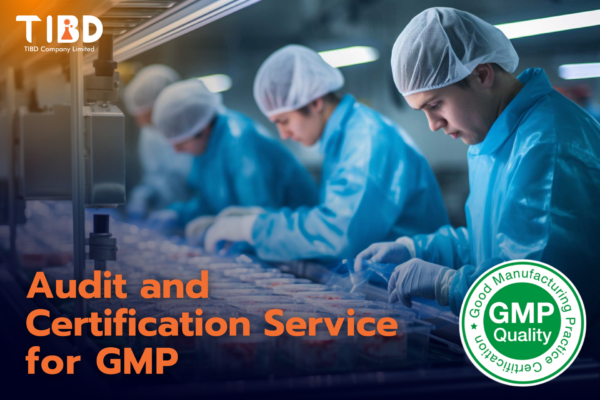Understanding GMP Standards
GMP (Good Manufacturing Practice) is an international standard for initial production control that can be applied across various industries. It is a preventive measure for internal and external conditions related to product contamination, ensuring safety and reducing risks for consumers. Not only large organizations but also government and community production units can implement this standard. Manufacturers must comply with GMP requirements to produce safe products by preventing and mitigating potential hazards from various factors. There are six basic requirements for GMP:
- Location and production buildings
- Machinery and production equipment
- Process control
- Sanitation
- Maintenance and cleaning
- Personnel and hygiene
- Cosmetics Industry
- Food Supplement
- Food Industry
- Pharmaceutical Industry
- Medical Equipment Industry
- Organizations aiming to build confidence in their operational efficiency and production safety.
- Businesses/Organizations seeking to build trust for business expansion plans.
- Organizations looking for opportunities to enter new markets.
- Businesses/Organizations wanting to ensure quality and safety for partners.
- Factories needing quality assurance certification under the correct legal requirements.
- Prevent defects in production or quality control processes and eliminate recurring issues.
- Increase production efficiency and reduce potential defects.
- Minimize errors or deviations from standard production.
- Ensure long-term quality products while reducing production costs.
- Raise awareness of production safety and system maintenance among personnel.
- Enhance consumer confidence in the safety and quality of products.
- Consulting for standard system development
- Document preparation for certification application
- Handling certification applications
- Internal auditing by experts before actual certification
- Correcting deficiencies after certification to ensure standard certification



